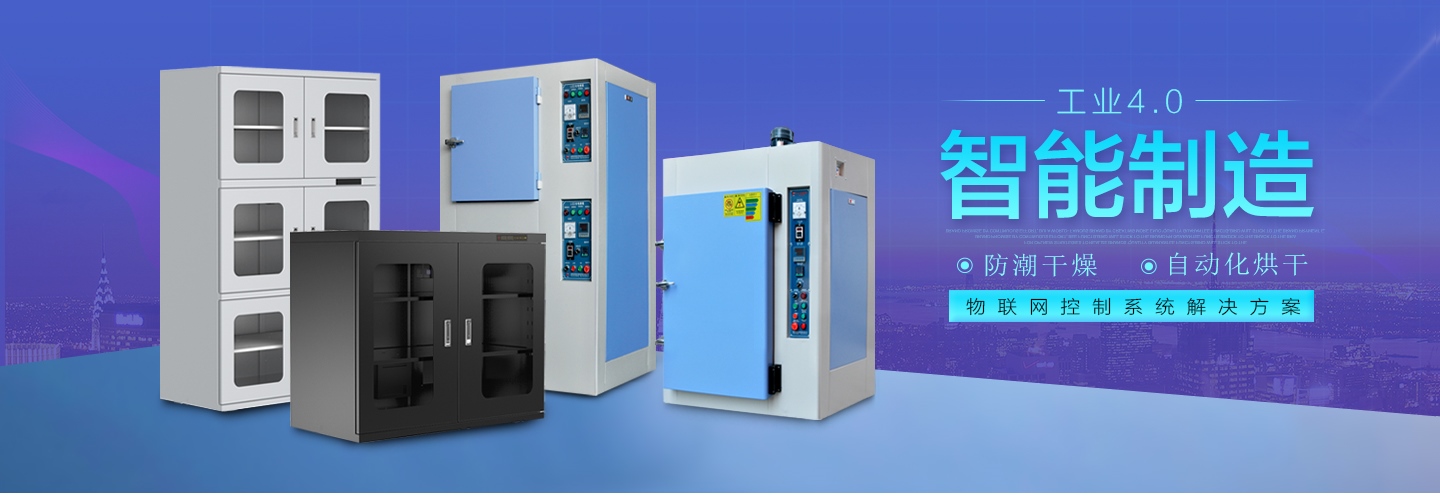After the MSD is damp, it will produce many hazards such as oxidation, decreased solderability, decreased subsequent processing technology, and reliability. These hazards are mainly reflected in the pressure difference damage and the oxidation of alloy lines and pins.
For damp that may cause pressure difference damage, by removing the moisture of MSD, safety can be regained, and the life of MSD can be reset; and the usual method is to use lower temperature and ultra-low humidity environment to work together to obtain a Applicability and efficiency of the treatment method, most choose low temperature and low humidity drying cabinet.
According to the IPC/J-STD-033 standard, the MSD workshop life can be reset by baking, using 40℃+5%RH for low humidity baking. The main advantage of the low-temperature and low-humidity drying cabinet is that its baking temperature is basically selected at about 40°C. In this temperature range, MSD is basically not affected by oxidation, and most low-temperature coils and coils are suitable for processing at this temperature Treatment, and the low humidity environment of 5% RH improves the dehumidification efficiency and reduces the time for MSD to be treated after being damp.
Low temperature baking drying cabinet is mainly used in:
1. Ultra-low humidity baking for humidity sensitive devices that are not resistant to high temperatures.
2. Storage of high-grade humidity sensitive devices. On the premise that the device is out of the bag for a period of time, storing it in a drying cabinet can ensure the dryness of the product when it is taken out and placed.
3. Drying in a dynamic environment. That is, in an environment where the door is frequently opened and closed, relying on the characteristics of the equipment itself to quickly heat up and quickly dehumidify, the drying effect of the internal storage products is still guaranteed.
4. Accelerated drying or workshop life reset of materials that are not resistant to high temperatures such as coils and coils.
